By Don Heinrich Holzmann
Special to NKyTribune
Today the building at 22 E. 6th St. in Newport is the home of the James Wallace Costigan Post No. 11 of the American Legion. Few probably know that it once belonged to the Newport Turnverein, which was founded in 1852.
Turner in German means “gymnast,” so the Turners had large halls for their gymnasia. And, they had social, cultural, and political interests, so they also had lecture halls and libraries. Additionally, many would have had a bowling alley and, of course, a Ratskeller.

The Newport Turnverein was one of the three Turner societies founded in the area before the Civil War—Cincinnati’s dates from 1848 and Covington’s from 1855. The founding fathers of the Turners were mainly “Forty-Eighters” who had fought in the failed 1848 Revolution in Germany, which meant they had military experience in that conflict.
When the Civil War broke out, this stood them in good stead. Members of the Newport and the nearby Covington Turners crossed the Ohio River to join the 9th Ohio Turner Regiment (Union Army), most of whose members belonged to the Cincinnati Turnverein.
Aside from gymnastic tournaments, they also held what they called mental tournaments. In 1904, the Newport Turners held one that included presentations on the topics of “Does War Further Civilization” and “Should the Miami-Erie Canal be Reconstructed and Improved?”
Such programs were in line with the Turner motto: “A sound mind in a sound body.”
The Turner Hall functioned as the central German house for the German societies of Newport, which included the Arion Gesang-Verein, the German Pioneer Society, and the Plattdeutsche Verein.
Several factors led to the demise of the Newport Turners. Times were tough for a German society during World War I due to the Anti-German Hysteria. German was removed from schools in Newport, German books discarded from libraries, and German newspapers boycotted. German Street was changed to Liberty Street. And all German festivities were canceled. Being German was not in accordance with the political correctness of the time.

The war was followed by Prohibition, which deprived German societies of much-needed revenue from the sale of beer at events, and then came the Great Depression, which meant more hard economic times for societies like the Turners.
When the Newport Turnverein closed down in 1936, its remaining members most likely joined the Covington Turners, which still exists. In 1937, Turner Hall was acquired by the American Legion, which has maintained the hall ever since. But this is not the end of the story, as far as German heritage is concerned.
In April 2003, the first Hofbräuhaus franchise in the U.S. was opened in Newport. Every month, keg-tapping events take place there, involving the German societies of the region. And Fat Tuesday and German Day celebrations are held there also, sponsored by the German-American Citizens League.
Newport is also the home of Katharina’s Café-Konditorei and Bernhard’s Bakery. And, in October 2013, the German-American Citizens League dedicated new signs for Liberty Street, which indicate that it once was German Street.
These are just a few signs that now, after many years, German heritage is again making its presence known, and that the spirit of the Turners lives on!
Don Heinrich Tolzmann is a nationally and regionally noted historian of German Americana. He has written and edited dozens of books and contributed to many others, including The Encyclopedia of Northern Kentucky.







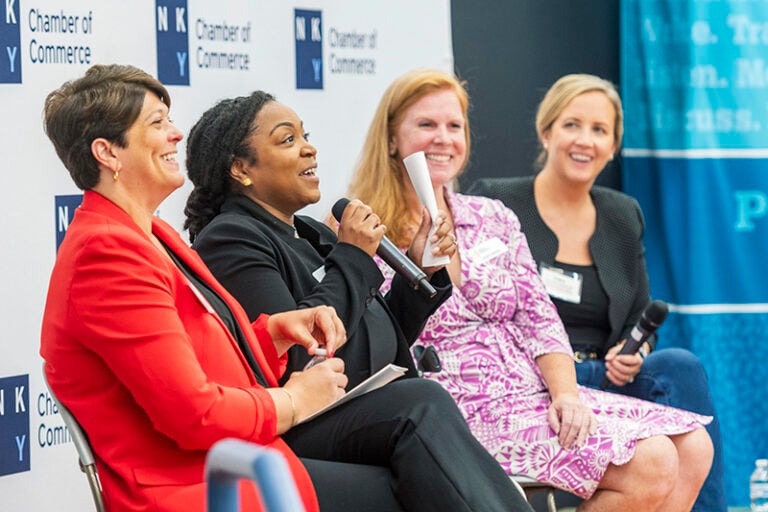

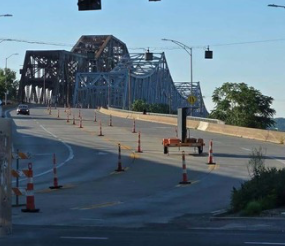

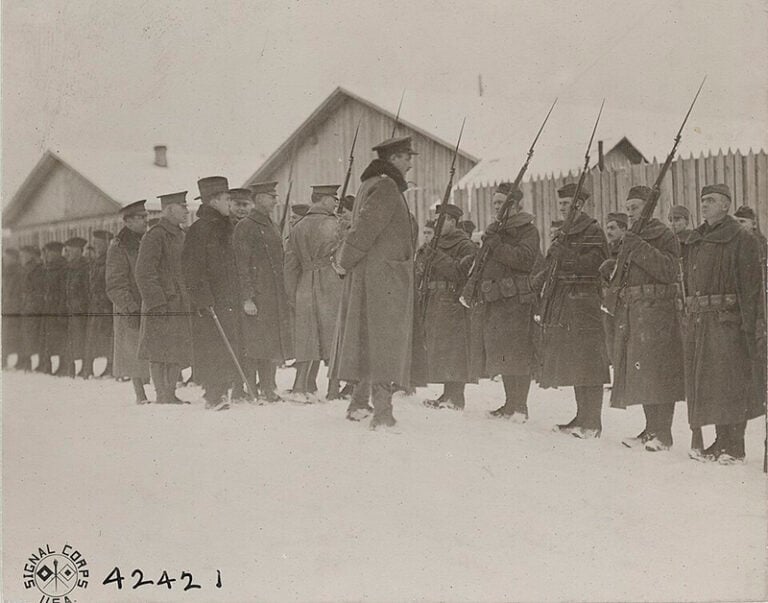
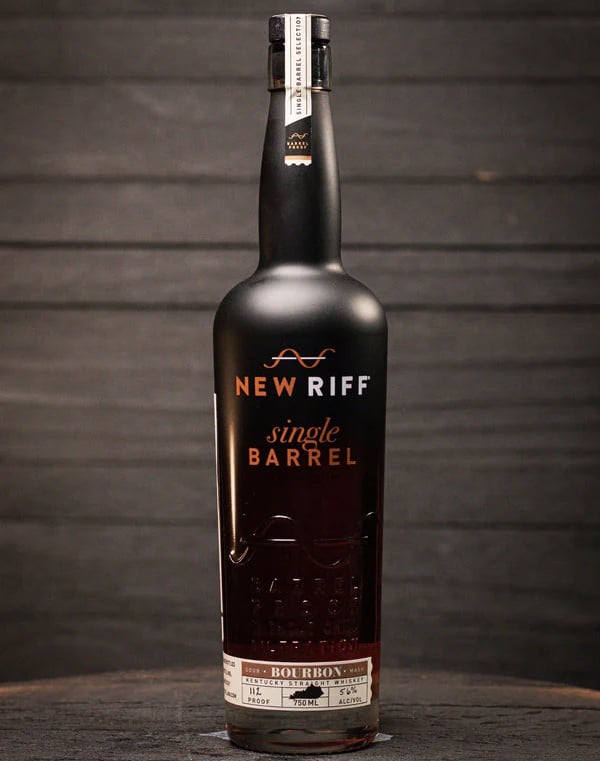
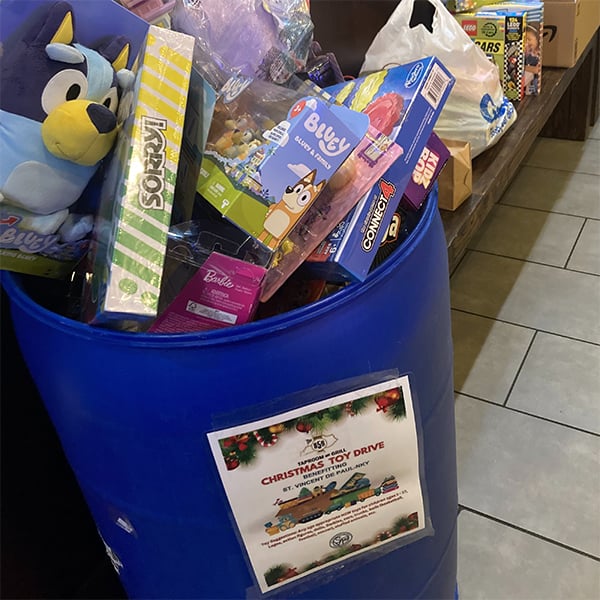

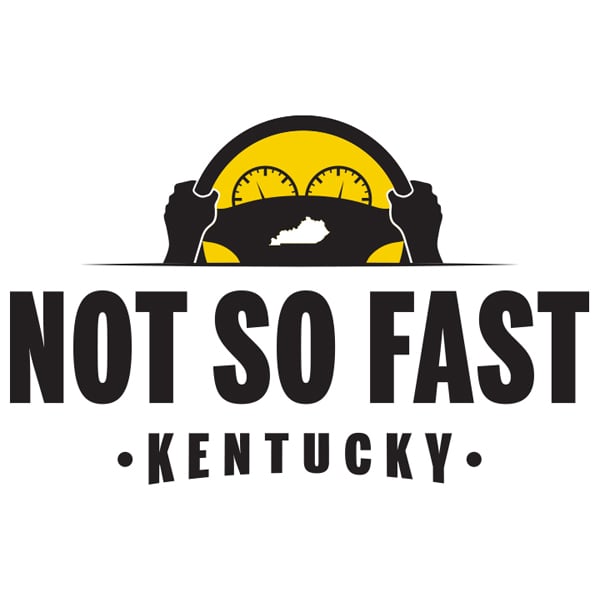
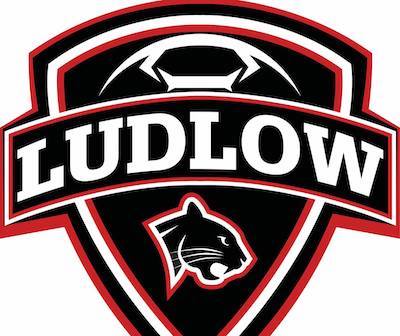
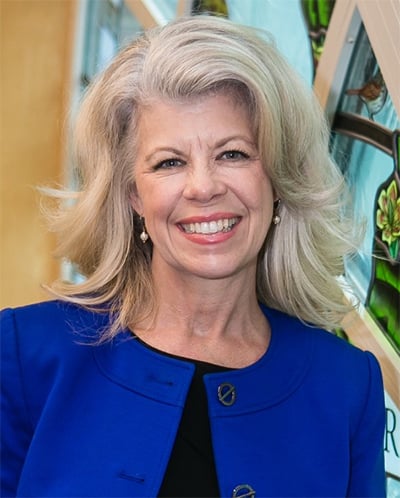
My GG grandfather, john valentine wenderoth was a past president of the Newport Turnverein .